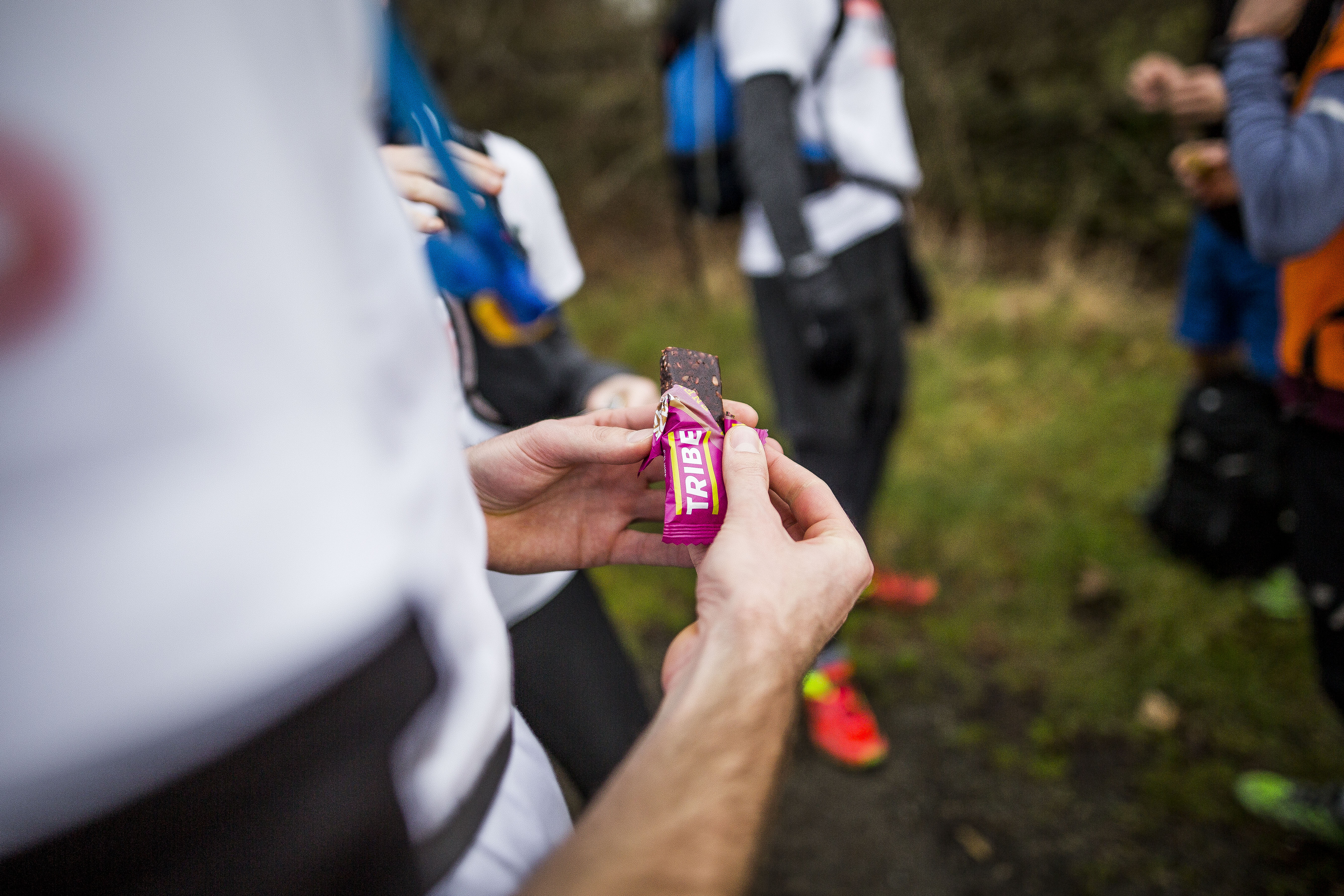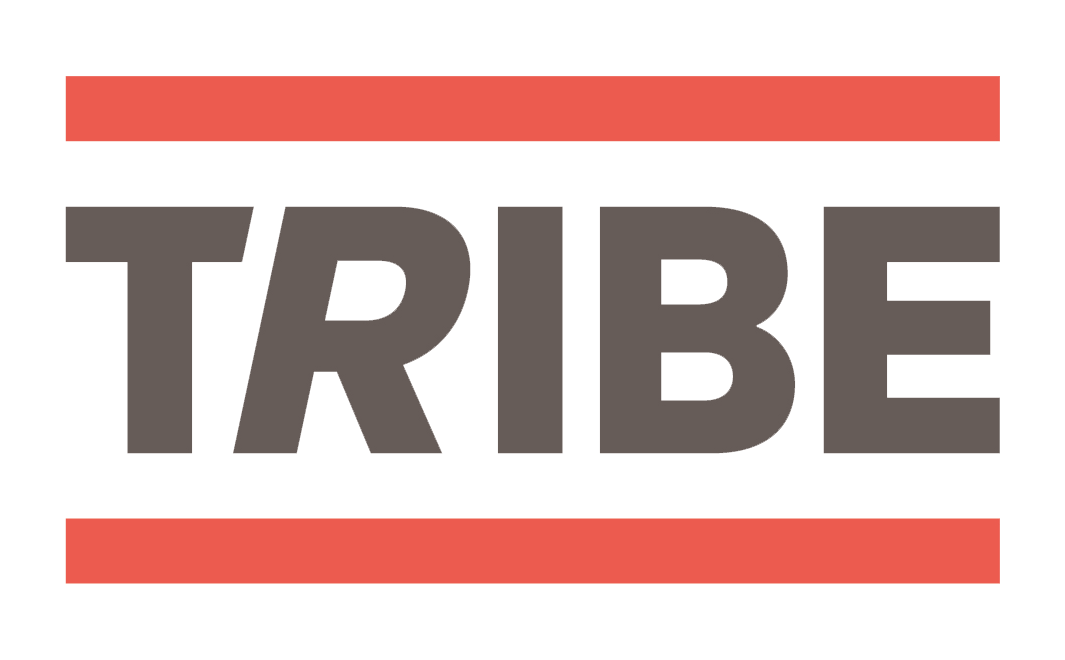Dr Megan Whelan is a registered dietitian & nutritionist based in London. Equipped with a PhD and Masters Degree in Dietetic Studies, as well as drawing on her experience as a keen ultra-marathon runner and rock climber, she is passionate about translating the latest nutrition science into understandable, practical information about food, allowing people to make better lifestyle and food choices for good health and performance.
Veganism is rapidly gaining popularity not only with the general public but also in the sporting world with elite athletes such as former world heavyweight champion boxer David Haye, ladies tennis champion Venus Williams, and of course ultra-marathoner Scott Jurek adopting and publicising their plant-based eating patterns. So is veganism the secret to sporting success? Being a sucker for science, I turned to the evidence-base to find out.
Firstly, what is a vegan diet? It is an eating pattern that contains only plant-based foods such as fruit, vegetables, grains, pulses, nuts and seeds; and excludes all meat and animal products such as dairy and eggs.
After hitting the science journals I found that overall there simply hasn’t yet been enough good quality research done starring vegan athletes to know all the facts. The good news is that the research has started to grow, and here is what we know so far. Vegan diets tend to be lower in certain macronutrients (protein, and omega-3 fatty acids), as well as certain micronutrients (vitamin B12, vitamin D, calcium, iron and zinc) compared to omnivorous dietary patterns, which may lead to compromised immunity, reduced strength and limit training adaptions if not corrected. The take home message is that it is important to understand the potential for deficiencies in order to achieve a balanced diet to help train, recover and perform optimally. To help avoid these nutritional challenges, a focus on complete plant-based protein sources (such as tofu, and quinoa; or a mix of incomplete sources), and prioritising foods high in omega-3, Vitamin B12, Vitamin D, calcium, iron and zinc to meet requirements will be beneficial.
So is veganism the magic bullet to unlocking our inner elite athlete? Well, probably not (sadly, in the field of nutrition I am yet to find such a thing) and perhaps these elite individuals could still achieve world domination with burgers and ice cream on the menu, who knows. One thing is for sure - good health and sport-specific dietary requirements can certainly be achieved with a balanced and carefully planned vegan diet containing all of the nutrients your body needs. And as an added bonus, eating more plants and less animal products has a positive impact on the environment.
A vegan style of eating may not be for everyone, and that’s more than ok, but I challenge you to at least try it. Perhaps it will bring you a whole new perspective on food and the perfect opportunity to get creative with plant-based varieties. With TRIBE’s recent movement towards all-vegan products, rest assured that if you want to follow in the footsteps (or mouthfuls) of sporting legends such as Mr Jurek and try out veganism for yourself, TRIBE have you covered to fuel your adventure every step of the way.

